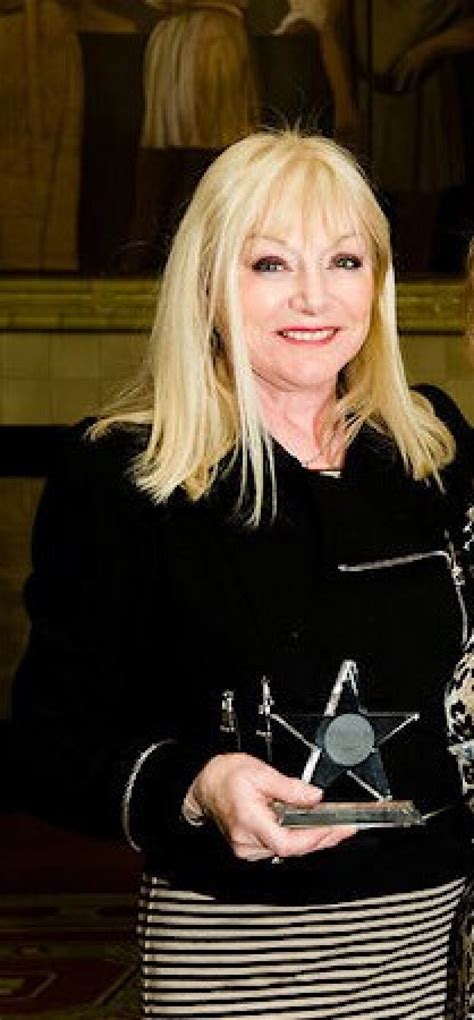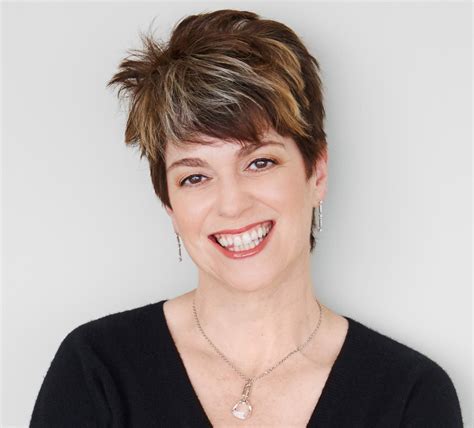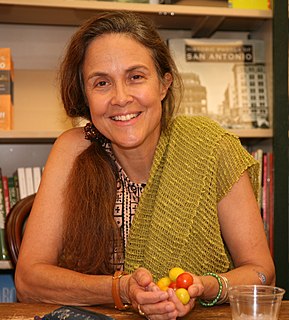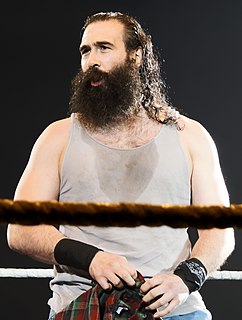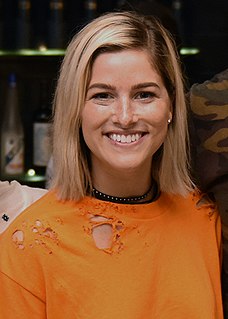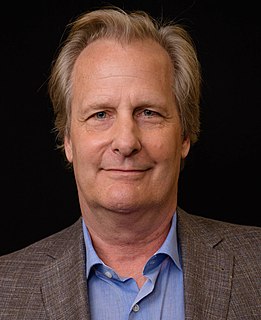A Quote by Penny Jordan
I was always a keen reader. I jotted down one or two things, but it never occurred to me to think of a job in writing. I thought that writers were like demi-gods. I don't know what I thought.
Related Quotes
During the Gulf War, I remember two little third grade girls saying to me - after I read them some poems by writers in Iraq - 'You know, we never thought about there being children in Iraq before.' And I thought, 'Well those poems did their job, because now they'll think about everything a little bit differently.'
So here I am, sending a two-ounce mouse down into a dungeon with a sewing needle to save a human princess, and I don't know how in the world he's going to do it. I have no idea. That was the first time it occurred to me that writing the story was roughly equivalent to Despereaux's descent into the dungeon. I was tremendously aware of that as I was writing. I thought, "I have to be brave or else I'm not going to be able to tell it." But it's the only way that I can write. If I know what's going to happen, I'm not interested in telling the story.
I would say just start writing. You've got to write every day. Copy someone that you like if you think that perhaps could become your sound, too. I did that with Hemingway, and I thought I was writing just like Hemingway. Then all of a sudden it occurred to me - he didn't have a sense of humor. I don't know anything he's written that's funny.
I have a total responsibility to the reader. The reader has to trust me and never feel betrayed. There's a double standard between writers and readers. Readers can be unfaithful to writers anytime they like, but writers must never ever be unfaithful to the readers. And it's appropriate, because the writer is getting paid and the reader isn't.
Regardless of the fact that in this country, certainly in the arts, we treat comedy as a second-class citizen, I've never thought of it that way. I've always thought it to be important. The last time I looked, the Greeks were holding up two masks. I've always thought of it not only as having equal value, but as the craft of it, being funny.
And regardless of the fact that in this country, certainly in the arts, we treat comedy as a second-class citizen, I've never thought of it that way. I've always thought it to be important. The last time I looked, the Greeks were holding up two masks. I've always thought of it not only as having equal value, but as the craft of it, being funny.
